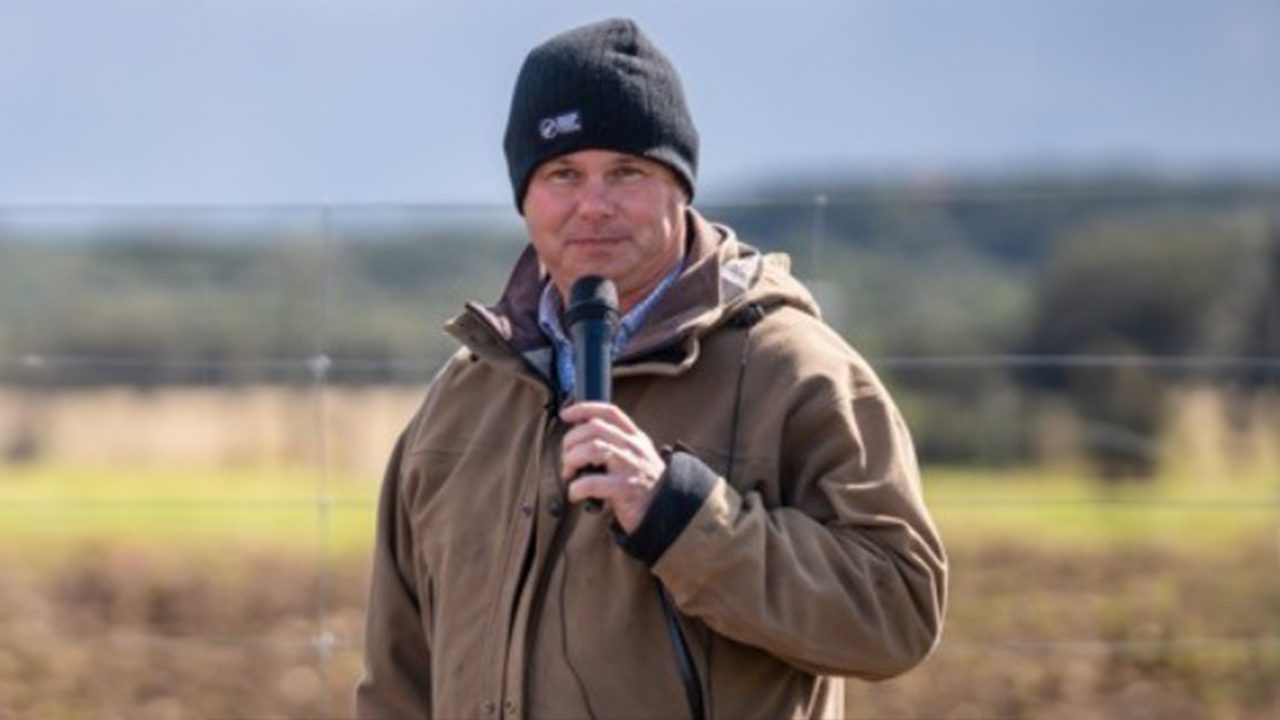In a world where sustainability and environmental implications are at the forefront of sheep & beef farming, the ability to produce high-quality, genuine produce at an affordable price is becoming increasingly more desirable.
With the additional competition of alternative meat products, Dr Jason Archer from Beef & Lamb NZ Genetics told REX host Dominic George that genetic selection is of utmost importance when it comes to potentially enhancing the quality of meat.
"When farmers are going to select to buy bulls...there's a tool there that they can use to improve the quality of the meat they're producing," he explained.
"I feel pretty strongly that we need to keep going up the tree in that quality game, because otherwise we're just competing against manufacturing beef, and actually what we're really competing against these days is vegan burgers and all that sort of thing."
Dr Archer who currently works with Beef & Lamb NZ Genetics has international industry experience with leading organisations such as the American Angus Association, the Red Angus Association of America, and the Canadian Angus Association.
The Beef & Lamb NZ Genetics Progeny Tests compare bulls under New Zealand commercial farming conditions, involving roughly 2000 beef cows and heifers and 1300 dairy cows each year on four large properties across Aotearoa.
From the data collected as part of the tests, Dr Archer revealed that while bull buyers often look at the fat depth EBVs to gauge cow body condition score, their correlation is only about 25%. This underlines the need for measuring cow body condition scores directly to achieve better results.
He stressed that genetics can play a crucial role in enhancing meat quality, especially marbling - a key determinant of a good steak.
"We've got bulls that are great at marbling and we've got bulls that actually aren't that great at marbling," he explained, emphasising the potential for genetics to transform meat quality.
He also touched on the importance of environmental sustainability in the beef industry. Dr Archer explained that countries like the US are now focusing more on feed efficiency, methane emissions, and environmental sustainability. New Zealand, he suggests, should also get involved in this research and development now to avoid playing catch up later.
Listen to the full chat between Dr Jason Archer and Dominic George above.
To check out more episodes listen to the REX Today Podcast anytime on your favourite streaming platforms including Spotify, Apple Music and Rova or tune in to REX Mornings live on Magic from 5 am to 6 am every weekday.
Visit the Rural Exchange Facebook or Instagram page for more information and regular updates from the REX team.











